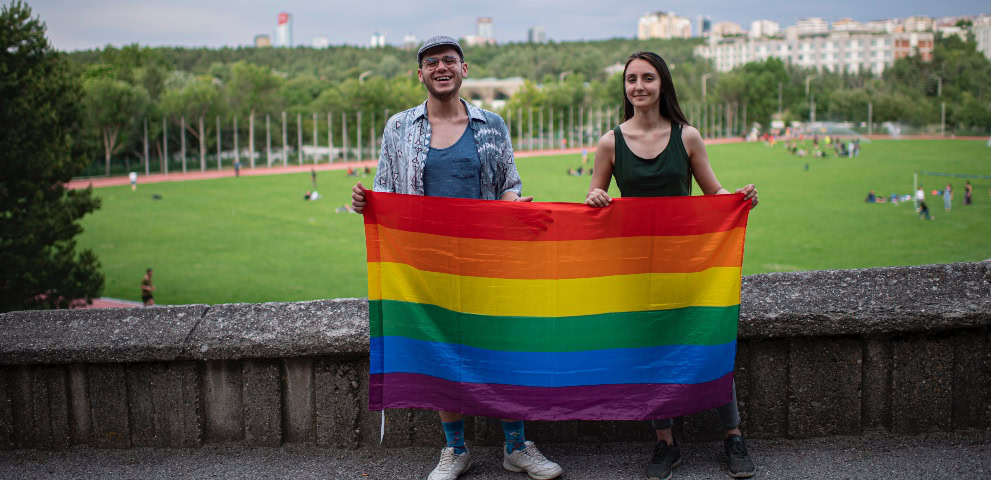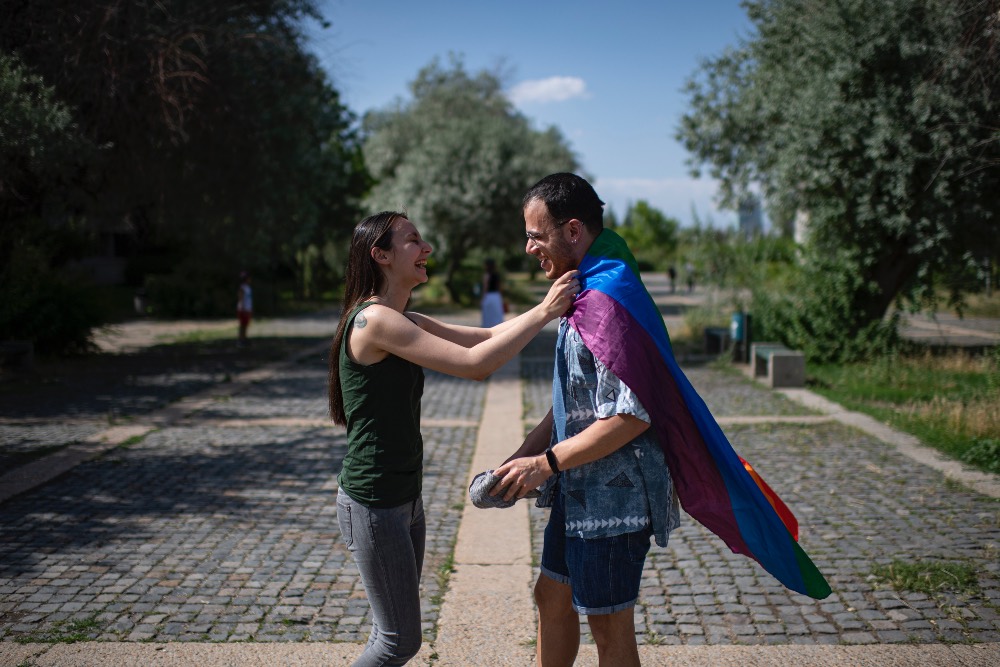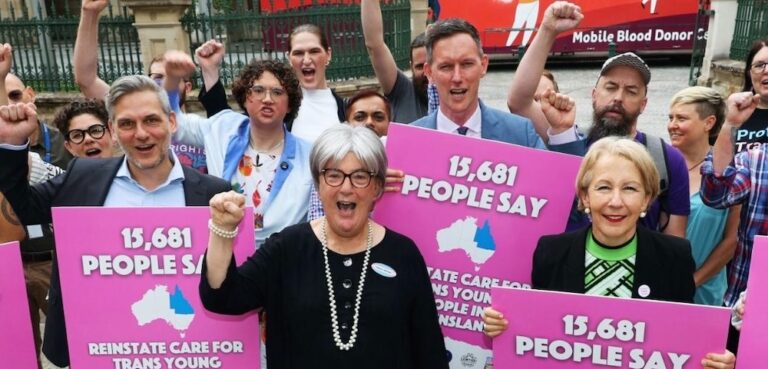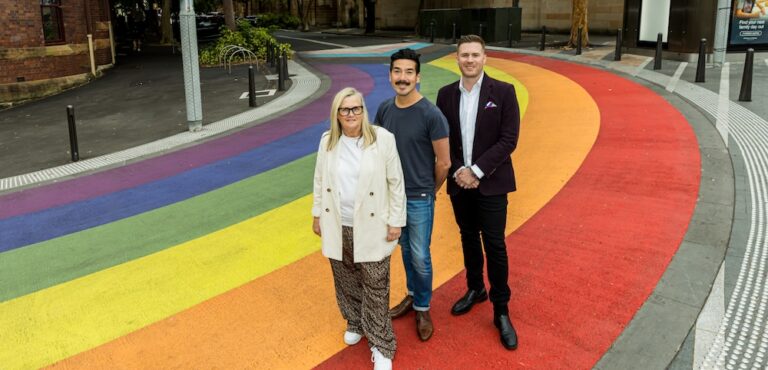
Australian Universities Should Break Their Silence On Foreign Institutions Targeting Queer Students

By Fin Spalding
As a queer student in Australia, I am all too familiar with universities across the country celebrating Pride. Typically this comes in the form of Pride societies, or universities marching in solidarity with their queer students and staff at major Pride events such as Midsumma or Mardi Gras.
They’re all feel-good times with lots of glitter and some genuine allyship – but as the old saying goes, “actions speak louder than words”.
Across the globe, universities are a symbol of freedom of expression, education, and the pursuit of knowledge. Historically, universities have been a hotbed for political and human rights activism because they allow students to debate and discuss ideas of how society should be changed for the greater good. This is especially true for Queer rights.
Global Partnerships Should Address Queerphobia
Typically Australian universities use the words “honour” and “proud” to describe their relationship with Queer students and staff, no doubt that’s true for unis here. But in an increasingly globalised world, universities must reflect on how their partnerships with institutions abroad affect queer students and must be prepared to speak out against Queerphobia and human rights violations.
In 2019, eighteen students and an academic of the Middle East Technical University (METU) Pride Group, were arrested and prosecuted by Turkish authorities.

METU had unlawfully banned the Pride march which had been conducted peacefully on their campus since 2011. In a demonstration for love and acceptance, the students were met with ‘pepper spray, plastic bullets, and tear gas’ after the METU administration invited the police to end the peaceful parade.
Last year, I interviewed two METU students Özgür Gür (He/Him) and Melike Balkan (They/Them). Both students participated in this march, which promised to reflect the LGBTQI community in Turkey.
Earlier this month, Gür and Balkan were put on trial. Their crime? Marching for visibility, acceptance, and recognition of the queer community in Turkey. Thankfully they were aquitted, but the fact that they were on trial in the first place shows how precarious their situation is.
Global Queer Solidarity
Global queer solidarity is the recognition that every queer person is linked, and when one is pushed down, we all use our voices to support those who have been the target of injustice. In essence, we use our collective power to influence change.
So what do Australian universities have to do with this case? RMIT in Victoria and QUT in Queensland, have partnerships with METU. Both major institutions brand themselves as ‘celebrating inclusion’ and ‘respecting diversity’ in regards to their rainbow students and staff. However, both institutions have remained silent on METU’s conduct towards Queer students.
This is why Amnesty International Australia, particularly its LGBTIQA+ and youth activists are calling on both universities to use their collective voices, to condemn the actions of METU, call for the acquittal of all those involved and review their relationships with the university.
If RMIT and QUT are serious about supporting their queer students and staff, they will use their influence to call on METU to respect queer rights and freedom of expression. It’s these kinds of actions that speak louder than words and feel good parades.
Fin Spalding is a student studying Middle Eastern politics and is a representative of Amnesty International’s Youth Advisory Group and LGBTIQA+ National Network.
For 24 hour crisis support and suicide prevention call Lifeline on 13 11 14
For Australia-wide LGBTQI peer support call QLife on 1800 184 527 or webchat.










